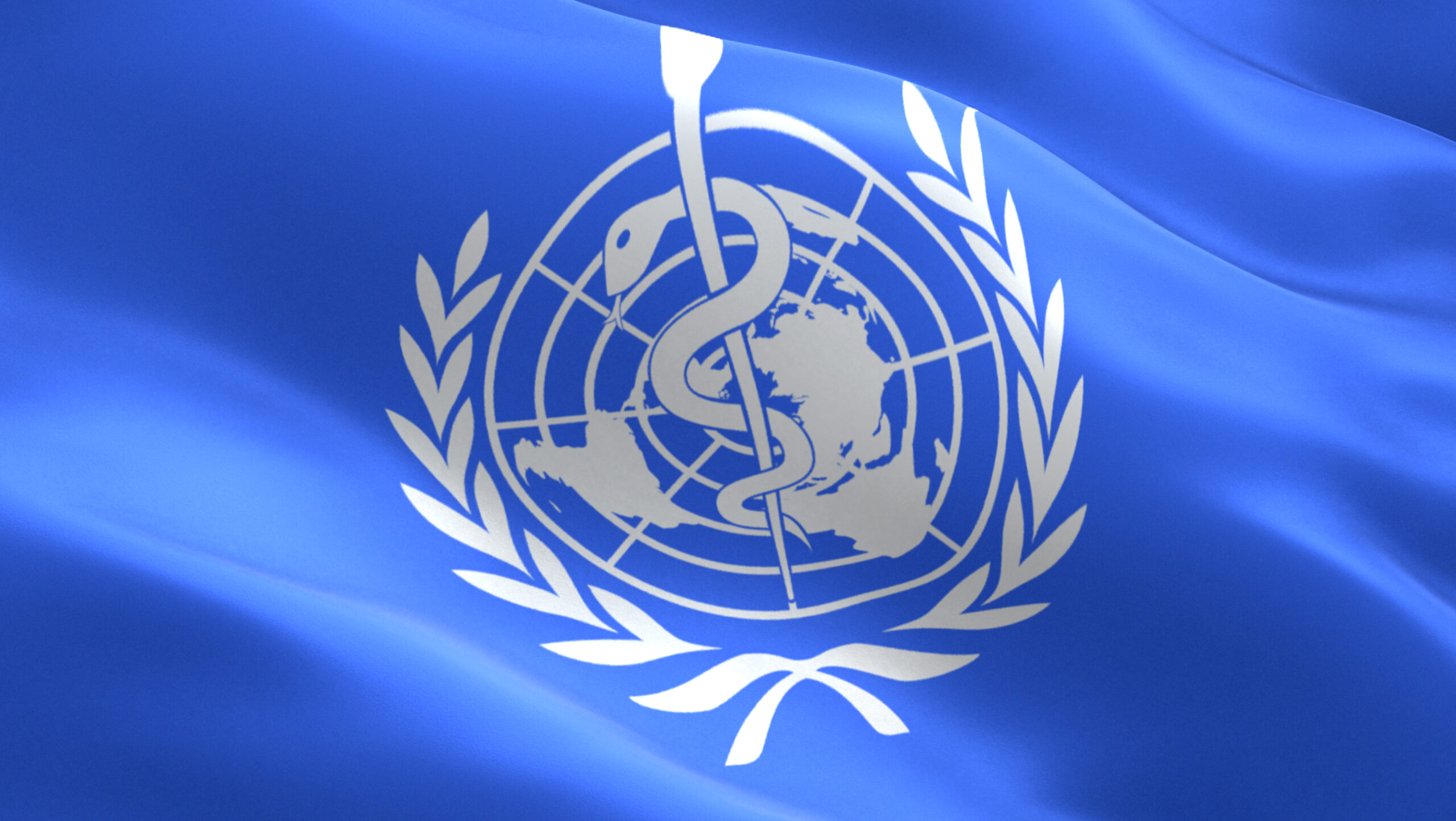On April 21st, ASBM presented to the World Health Organization’s (WHO’s) 70th Consultation on International Nonproprietary Names (INN) for Pharmaceutical Substances, held in Geneva, Switzerland. This was the fourteenth INN Consultation at which ASBM has presented. ASBM was represented by Executive Director Michael Reilly, Esq., and Advisory Board Chair Philip Schneider, MS, FASHP.
Due to coronavirus-related travel restrictions in place at the time of the consultation, the presentation was made online for the first time.
In June 2020, the World Health Organization released an Executive Summary of the 70th INN Consultation. From the Executive Summary:
The Covid-19 pandemic highlights the leadership that WHO has in global health, and ASBM believes that this leadership is critical also for the naming of biosimilars, as it has repeatedly stated, especially as the number of biosimilars is increasing each year. It is also important to recognise that the biological qualifier (BQ) is still valid and that broad support for the BQ remains. The US FDA is supportive of unique identifiers for biologics and has instigated its own random 4-letter suffix. Health Canada (HC) has been a past supporter and is willing to harmonise, similarly the Australian TGA.
The ASBM noted that many other countries including Denmark, Japan and Jordan also support the BQ, while physicians are also supportive. However, despite this support, countries have developed their own systems but would have used a WHO system if WHO had moved ahead with the BQ.
The most common objection to a distinct suffix is that it implies biosimilars are inferior products and the US Federal Trade Commission (FTC) has raised the possibility that the current FDA naming system deters prescribers from using biosimilars, and impedes competition and price reduction. Some state pharmacists also feel that way. This false impression of inferiority has prompted two recent high-level meetings in Washington DC. The first was a joint FDA/FTC workshop, to address accusations that there had been disinformation to undermine physicians’ confidence in biosimilars, to address a perceived need for education on biosimilar safety, and a need to address patent regulation that has held back the use of biosimilars in the USA.
However, market share data suggest little, if any, lack of confidence in biosimilar use; for example, the market share of biosimilar ZARXIO (filgrastim-sndz) surpasses that of the reference product NEUPOGEN (filgrastim) in both the EU and the USA. So, the argument that the suffix creates a lack of confidence is false.
View ASBM’s presentation to the WHO INN Committee here:
Read the Executive Summary of the 70th INN Consultation here.
